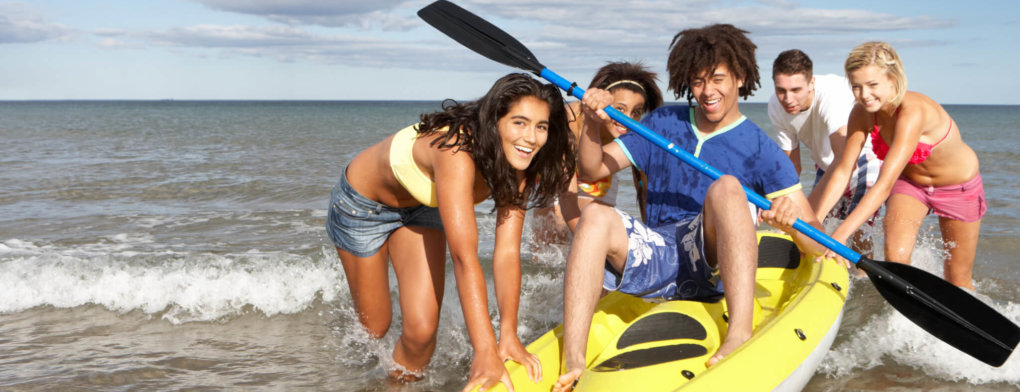
In this edition of EcoNews, our executive director Lois Corbett invites you, in the wake of World Oceans Day, to learn more about what a comprehensive set of coastal protection laws would look like for New Brunswick; we give you a glimpse at what the Mount Polley tailings disaster has to teach us about possible threats to the Nashwaak River from the proposed Sisson mine; bring you highlights from a new report on the cost of pollution in Canada (spoiler: it’s pricey); share a new economic model for New Brunswick’s forestry and natural resource sectors; give you an opportunity to weigh in on a national food policy (think BuyLocal); and, we remind you to book your ticket for our annual Musquash Paddle, and sign up for an upcoming free workshop at Conserver House.
NEWS
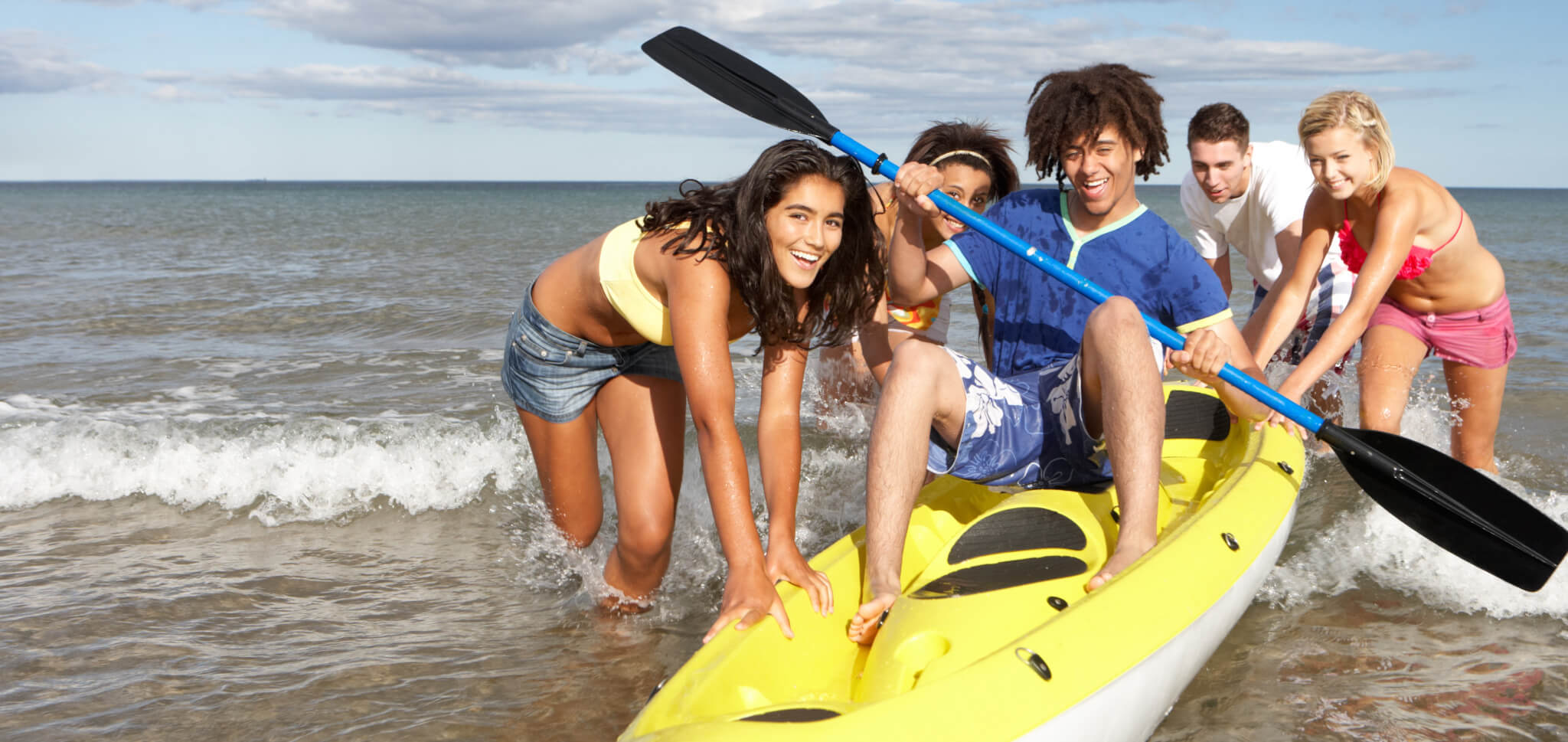
A treasure too valuable to waste — our shorelines
What do you want for New Brunswick’s 5,500 kilometres of precious coastline? We think New Brunswickers want healthy shores and waters, and prosperous coastal communities, where development proceeds within a plan that protects public and environmental health. How do we get there? Our executive director Lois Corbett lays out the path in this editorial on New Brunswick’s journey toward comprehensive coastal protection.
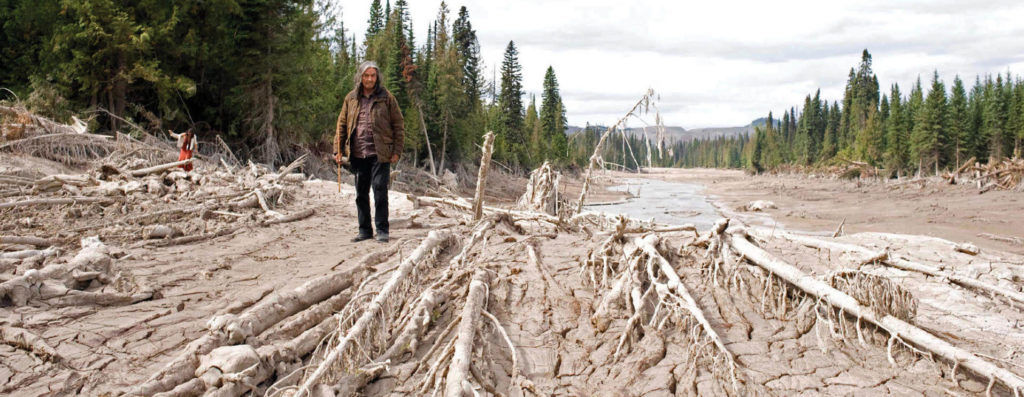
What the Mount Polley tailings disaster has to teach us
to protect the Nashwaak watershed
The ministers responsible for mining from across Canada meet in St. Andrews from Aug. 13-15 for the annual Energy and Mines Ministers’ Conference. The Conservation Council is using this opportunity to highlight concerns with mining, specifically mine waste. We received a grant from the Western Mine Action Network and the Indigenous Environmental Network to bring a member of the Xat’sull First Nation, a community that was affected by the 2014 Mount Polley tailings spill, and Ugo Lapointe from MiningWatch Canada, to our region during the Ministers’ conference. Our visitors will speak to the need for stronger regulations on mine waste and what lessons can be learned to protect the Nashwaak watershed from the Sisson mine. The proposed mine plans to store its waste in a huge tailings dam. A public event is planned for Aug. 14 at 7 p.m. Venue to be confirmed. For more information, contact Tracy at tracy.glynn@conservationcouncil.

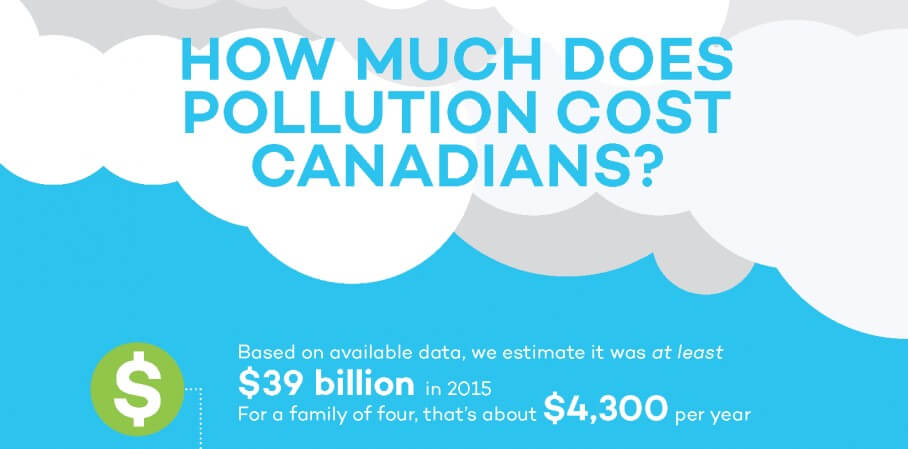
New report estimates pollution in Canada impacts
everything from health to honeybees
A new report released by the International Institute for Sustainable Development (IISD) shows that pollution – everything from city smog to salt runoff – is costing Canadians tens of billions of dollars every year. We bring highlights from the report, “Cost of pollution in Canada: measuring the impact on families, businesses and governments.”
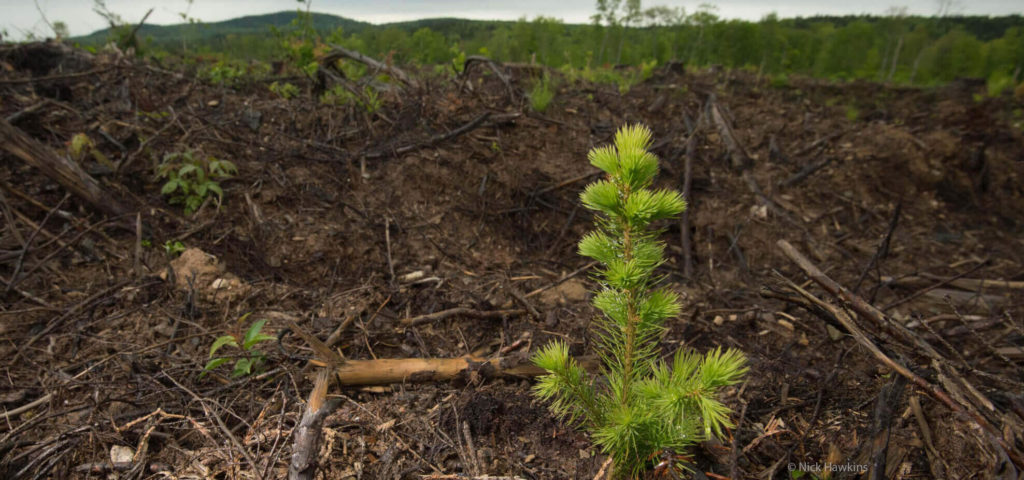
Building the bioeconomy in N.B.: lessons from Finland
One of the architects of Finland’s national bioeconomy strategy was in Fredericton last week as the keynote speaker at the 6th annual Atlantic Biorefinery Conference. Jussi Manninen, executive vice president at VTT Technical Research Centre in Helsinki, spoke about the advantages behind his forest-rich country’s new bioeconomy — a sustainability-focused economic model where raw natural resources are used to produce value-added goods, energy, food and services. Manninen described a number of similarities between Finland and New Brunswick and argued that the bioeconomy model would be a natural, and profitable, fit for our province.

From farm to fork: a food policy for Canada
Everyday we make choices about food that directly impact our health, our environment, and our communities. Earlier this month, the federal government announced it is launching an online public survey to inform the development of a national food policy. Take the survey and voice your support for sustainable farming practices and initiatives such as our BuyLocalNB directory. Once you’ve completed the survey, share the link online to encourage your friends and family to participate. Make sure you tag us (@ConservationCouncil on Facebook or @cc_nb on Twitter) and use the hashtag #FoodPolicy4Canada and #BuyLocalNB.
EVENTS
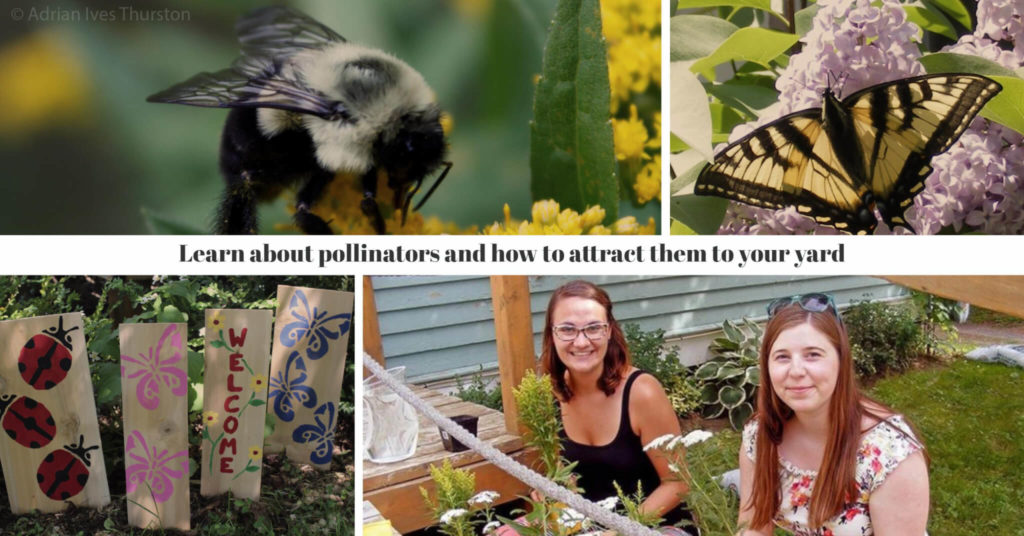
Join us for pollinator garden and & cedar sign workshop — June 24
It’s too nice outside to waste this good weather, don’t you agree? Why not join us from 1-2:30 p.m. on Saturday, June 24 for a free workshop to learn all about New Brunswick’s native pollinators such as birds, bees and butterflies, how to attract them to your garden, and then top off the day by making home-made cedar shingle signs to welcome the pollinators into your yard! Our Learning Outside Coordinator, Nadine Ives, will also be handing out a variety of native plant seedlings for you to take home and try yourself. This workshop is free, but space is limited, so please register in advance by emailing our Nadine at nadine@conservationcouncil.ca.
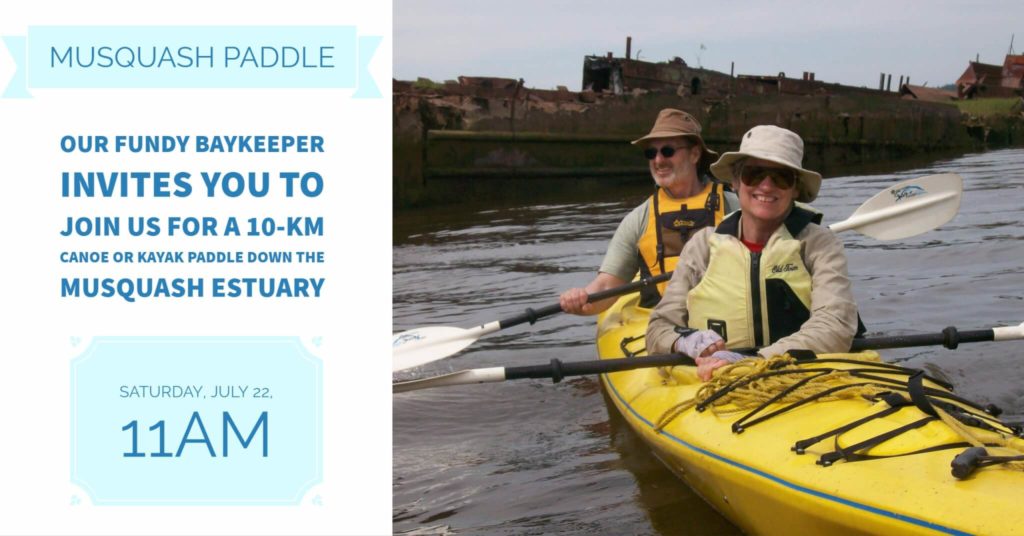
You’re invited to the 17th Annual Musquash Paddle – July 22
Mark your calendar! Join our Fundy Baykeeper, Matt Abbott, for a scenic paddle down the Musquash Estuary on Saturday, July 22. This fun, family-friendly event allows you to meander down the river and see the vast salt marshes, wildlife and historic ship wrecks of the Musquash Estuary Marine Protected Area (MPA). The Conservation Council spearheaded the decade-long campaign to establish the only intact, fully functioning estuary in the Bay of Fundy as an MPA. The campaign was successful in 2006, and every year since, our Baykeeper invites New Brunswickers and visitors to our province to paddle down the Musquash to enjoy its beauty and celebrate its protection. Contact Isaac at isaac.weatherhead@conservationcouncil.ca for more details or to get your tickets today!

